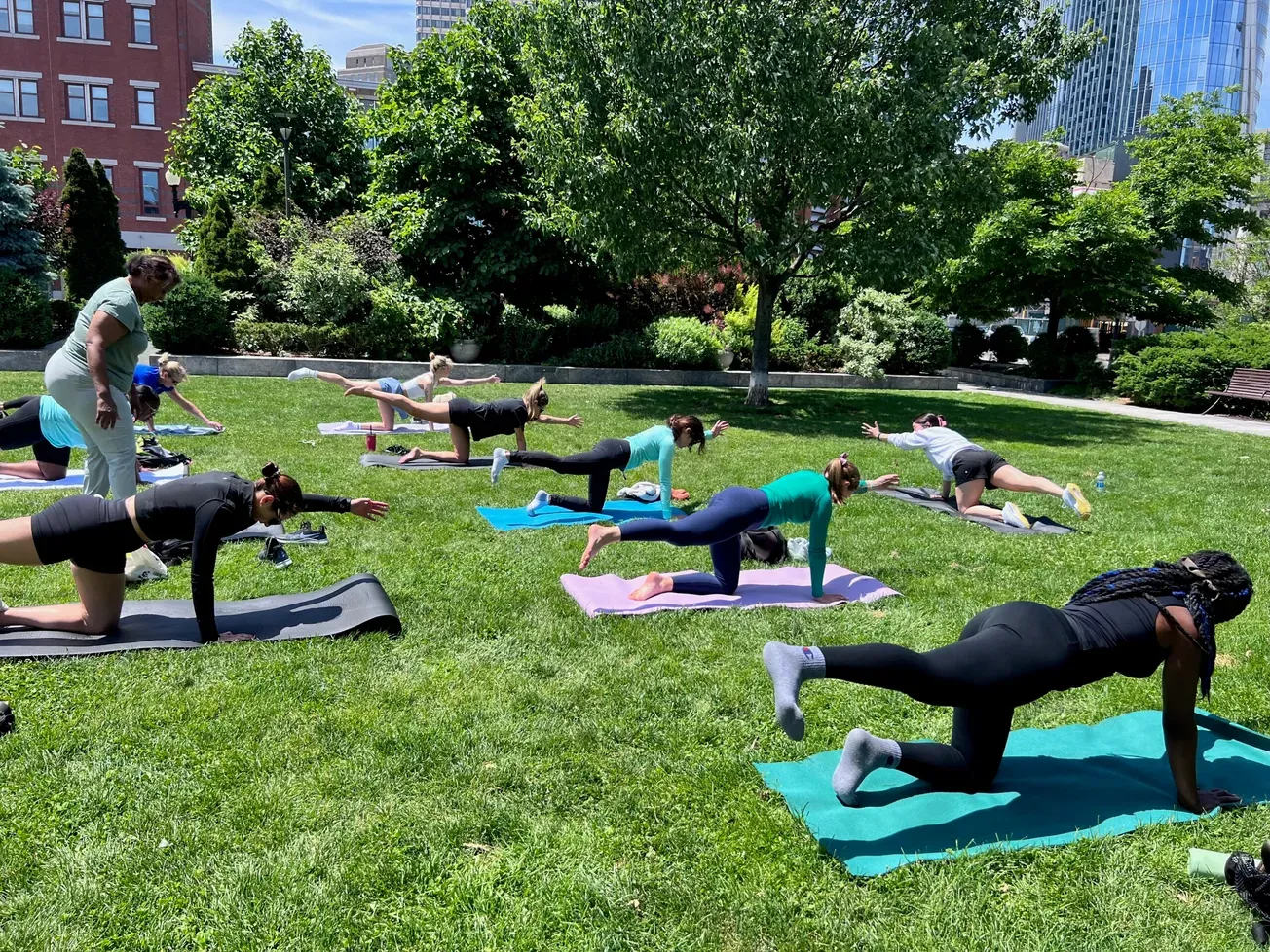By Miriam Valverde
Some consider it ethical and necessary.
But for others, limiting travel and remittances to Cuba is cruel and unjust.
Recently, two Florida congress members proposed an amendment aiming to revoke the rights of Cubans and Americans to send money to Cuba and travel as much as desired to the island.
Both legislators, members of the House Committee on Foreign Affairs, state that these types of economic exchanges support the government of the brothers Fidel and Raul Castro; a government that they describe as a dictatorship.
William Keating, Massachusetts’ 10th congressional district representative, and the sole Massachusetts legislator in the committee, voted in favor of the amendment – a vote contrary to the ideology of his predecessor, William Delahunt.
«The shocking thing about it is that Bill Keating, who took the place of Delahunt, has broken with the rest of the Massachusetts delegation to support rolling back travel to Cuba,» said Merriam Ansara, director of Common Ground Education and Travel Services. «Delahunt devoted a lot of congressional time to ease restrictions.»
Ansara said she did not understand why Keating would vote in favor of the amendment, signaling the necessity to question his actions.
El Planeta tried multiple times to obtain comment from Keating regarding the matter. Keating representatives said he was not available for comment. Delahunt could not be reached either.
«Foreign tourism is a huge moneymaker for the brutal Castro dictatorship,» said Ileana Ros-Lehtinen, a republican representative from Florida in a press release. «It is important that the U.S. strengthen pressure against the Cuban regime.»
Ros-Lehtinen said that money flow into Cuba enriches the Castro brothers, while the island residents remain imprisoned.
Some Boston residents, native of Cuba, are not in complete agreement with the amendment.
«This will make families lose contact with one another,» said Antonio Cepero, 73. «This will mainly affect families, not the government.»
Cepero, from Matanzas, Cuba, has lived in Massachusetts for 41 years. He said it is unjust to prevent Cubans from visiting their families, since remittances and travel to island bring joy to the residents.
«I haven’t been able to go back to Cuba since 1979,» Cepero said, while sitting at one of the tables of the popular Cuban restaurant in Jamaica Plain, El Oriental de Cuba.
At the restaurant, Cepero is greeted by the workers, who refer to him by first name.
Cepero said he favors a cap on the amount of money sent to Cuba, because sometimes «it ends in the hands of government.»
The amendment was proposed by republican leaders from Florida, who disapprove of the relaxed policies of President Barack Obama. The amendment must now be approved by the Senate and the House, and eventually signed by the president.
At the beginning of this year, based on some policy changes by President Obama, there are no limits on travel to Cuba, and anyone in the United States can send up to $2,000 annually. Religious and academic institutions may apply for travel licenses. However, tourism travel continues to be prohibited, based on terms of the embargo.
Obama also authorized all U.S. international airports to be able to apply for the capacities to serve flights to Cuba.
Congress members part of the committee want to rollback travel to once every three years and want to limit the amount of remittances to $1,200 per year.
One of the strongest proponents of the amendment is David Rivera, a republican representative from F




